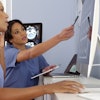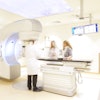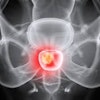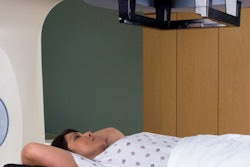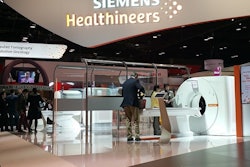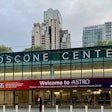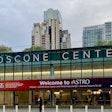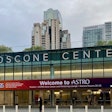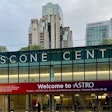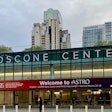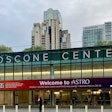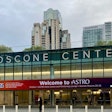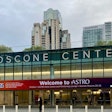Breast cancer patients find the experience of radiation therapy to be less intimidating than they expected, according to research presented at the American Society for Radiation Oncology (ASTRO) meeting in San Diego.
A team led by Dr. Narek Shaverdian from the University of California, Los Angeles (UCLA) found that 90% of breast cancer patients surveyed rated their experiences with radiation therapy -- including overall and specific long-term and short-term side effects -- as "less scary" than anticipated, ASTRO said in a statement.
The research consisted of a survey sent to all patients who received treatment for breast cancer at a multidisciplinary breast cancer clinic between 2012 and 2016. Eligible patients had six or more months of follow-up and were without tumor recurrence. Out of 502 patients, 327 responded.
The women had various stages of disease: 18% had stage 0 breast cancer, 38% had stage I, 34% had stage II, and 9% had stage III. All of the women underwent radiation therapy, delivered as standard whole-breast, hypofractionated whole-breast, postmastectomy, or partial breast treatment.
At a median 31 months of follow-up, nearly all women (94%) responded that they were initially fearful of receiving radiation therapy, but 90% said the actual experience of breast radiation therapy was less frightening than they expected, according to Shaverdian and colleagues. The women also reported that side effects were less severe or as expected in terms of short-term breast pain (75%), skin changes (61%), and fatigue (78%), as well as for long-term appearance changes (85%), breast pain (79%), breast size changes (73%), and breast textural changes (70%).
"Our study shows that women who received modern breast radiation therapy overwhelmingly found the treatment experience far better than expected," said senior author Dr. Susan McCloskey. "The negative stories out there are frightening and pervasive, but they generally are not reflective of the actual experience."
